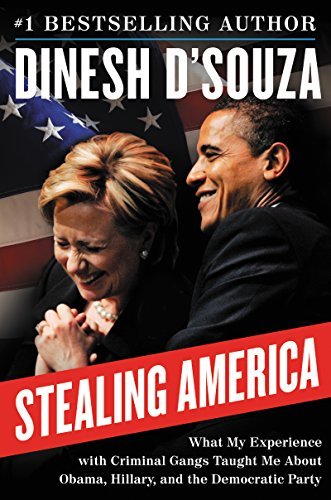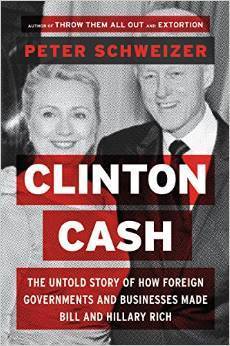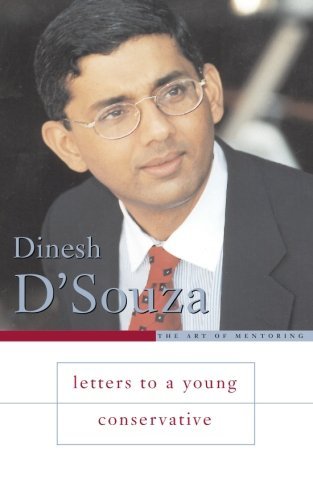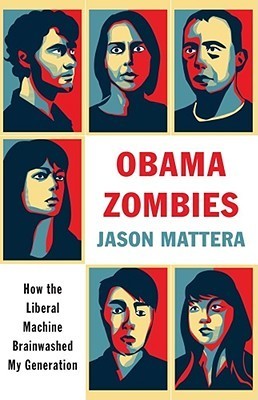
Stealing America: What My Experience with Criminal Gangs Taught Me about Obama, Hillary, and the Democratic Party
Book Description
What happens when the shadows of criminal gangs collide with the highest realms of American politics? Dinesh D'Souza's gripping exploration unravels the web of corruption, betrayal, and manipulation that defines the Democratic Party from a chilling vantage point. Through harrowing experiences and eye-opening revelations, he draws unsettling parallels between gang tactics and political strategies, exposing the dark underbelly of power and ambition. As the stakes rise, the fabric of democracy hangs in the balance. What truths lie beneath the surface, waiting to be uncovered? Prepare for a journey that could change everything you thought you knew about American leadership.
Quick Book Summary
In "Stealing America," Dinesh D'Souza offers a provocative narrative connecting his personal experience with the American justice system to his broader critique of the Democratic Party. After being convicted for a campaign finance violation, D'Souza served time in a halfway house, where he encountered criminals and gang members. Through these experiences, he draws parallels between criminal behavior and what he perceives as corrupt tactics within Democratic politics. He argues that modern American liberalism, as embodied by leaders like Barack Obama and Hillary Clinton, operates on a foundation of manipulation, coercion, and a desire for control reminiscent of organized crime. D'Souza aims to expose these patterns, urging Americans to question political narratives and remain vigilant in protecting the integrity of the nation.
Summary of Key Ideas
Table of Contents
Parallels Between Criminal Gangs and Political Tactics
D'Souza's journey begins with his arrest and conviction for violating campaign finance laws, which he perceives as politically motivated prosecution. He describes his entry into the penal system, detailing his observations of criminal gangs, their social structures, and their methods for achieving and maintaining power. This experience becomes the foundation for his central thesis: the similarities between gang tactics and the way powerful figures and institutions within the Democratic Party operate. The author positions himself as both observer and victim of a politicized justice system that utilizes intimidation and selective enforcement, much like a criminal syndicate.
The Corruption of American Institutions
Drawing from his interactions in the halfway house, D'Souza analyzes the psychology and strategies of criminal gangs, noting their reliance on loyalty, fear, silencing dissent, and taking from those outside the group. He argues that this behavior is mirrored in modern American politics, specifically within the Democratic Party, where he claims dissenters are marginalized, bureaucratic institutions are used as tools of coercion, and policies are driven by a desire to accumulate power rather than serve the public good. By highlighting specific political events and headline scandals, he aims to illustrate systemic corruption.
Manipulation and Control in Modern Political Strategies
D'Souza focuses closely on the political rise of figures like Barack Obama and Hillary Clinton, contending that their methods represent a shift in American governance toward manipulation and centralized control. He points to the use of executive orders, the intimidation of political opponents, and scandals involving government agencies as proof of a new political order that puts party interests before democratic norms. The author suggests such tactics are not isolated but are a part of a broader strategy to consolidate control over American institutions and stifle opposition.
Personal Encounters and Revelations from the Justice System
Throughout the book, D'Souza weaves in biographical anecdotes and reflections from his time in the justice system to personalize his argument. He describes a justice system he views as selectively punitive, using his own experiences to argue that legal mechanisms are increasingly weaponized against political enemies. This, he claims, represents a breakdown in the rule of law and a dangerous move toward authoritarian practices masquerading as progressive policy.
The Future of American Democracy
D'Souza concludes with a call to action for his readers, warning that the continuation of these trends threatens the integrity of American democracy. He urges Americans to remain vigilant, question dominant political narratives, and resist efforts to normalize coercion and corruption. "Stealing America" ultimately frames the struggle not as one of left versus right, but as a battle to preserve the foundational principles of liberty and justice against organized efforts to undermine the system from within.
Download This Summary
Get a free PDF of this summary instantly — no email required.





